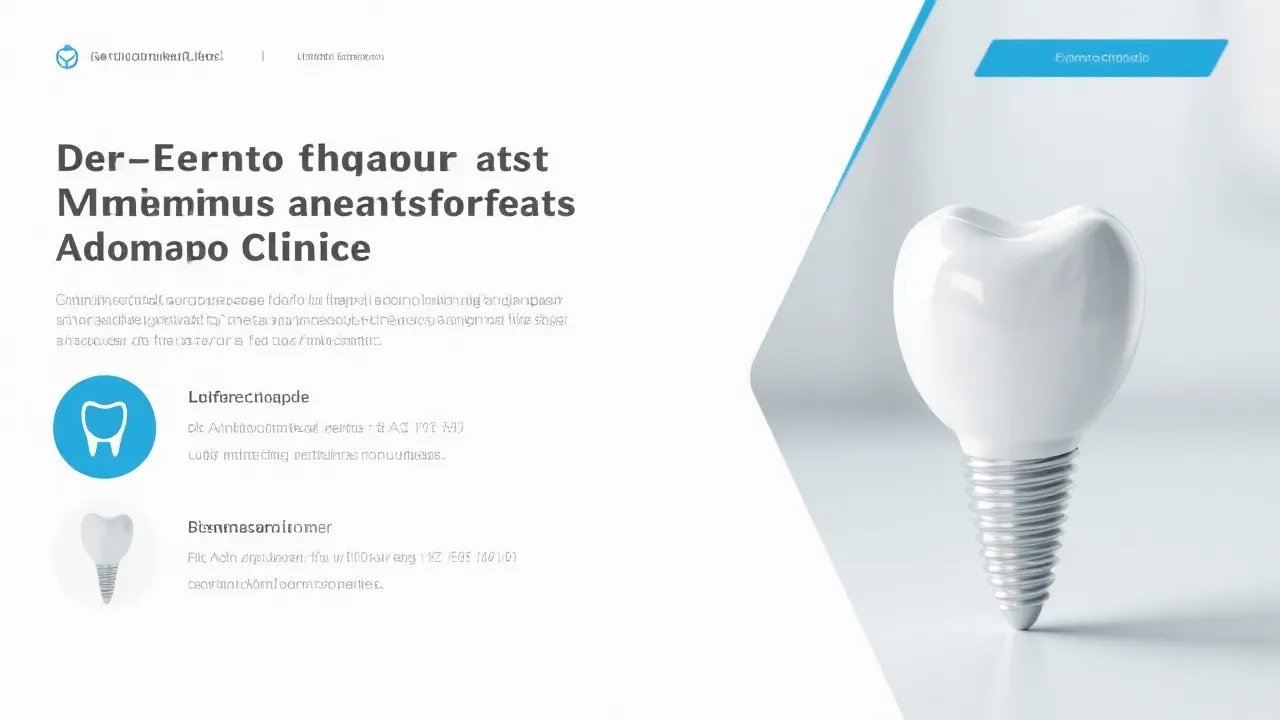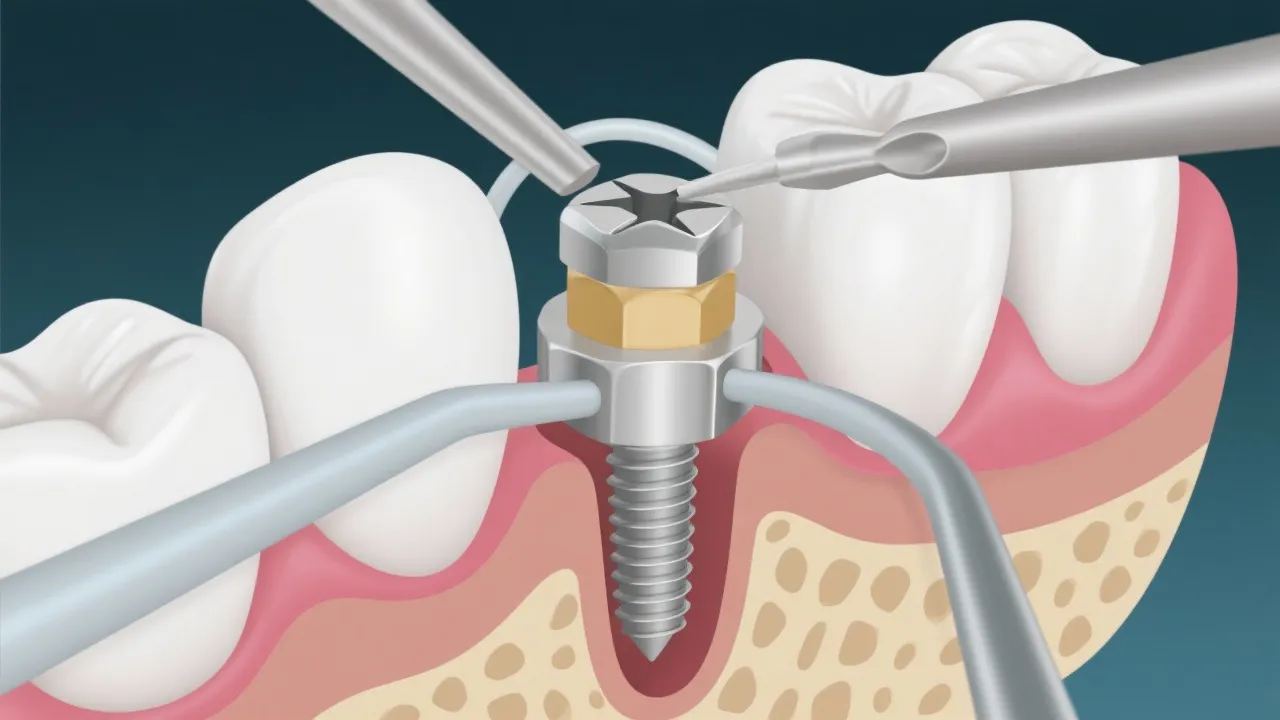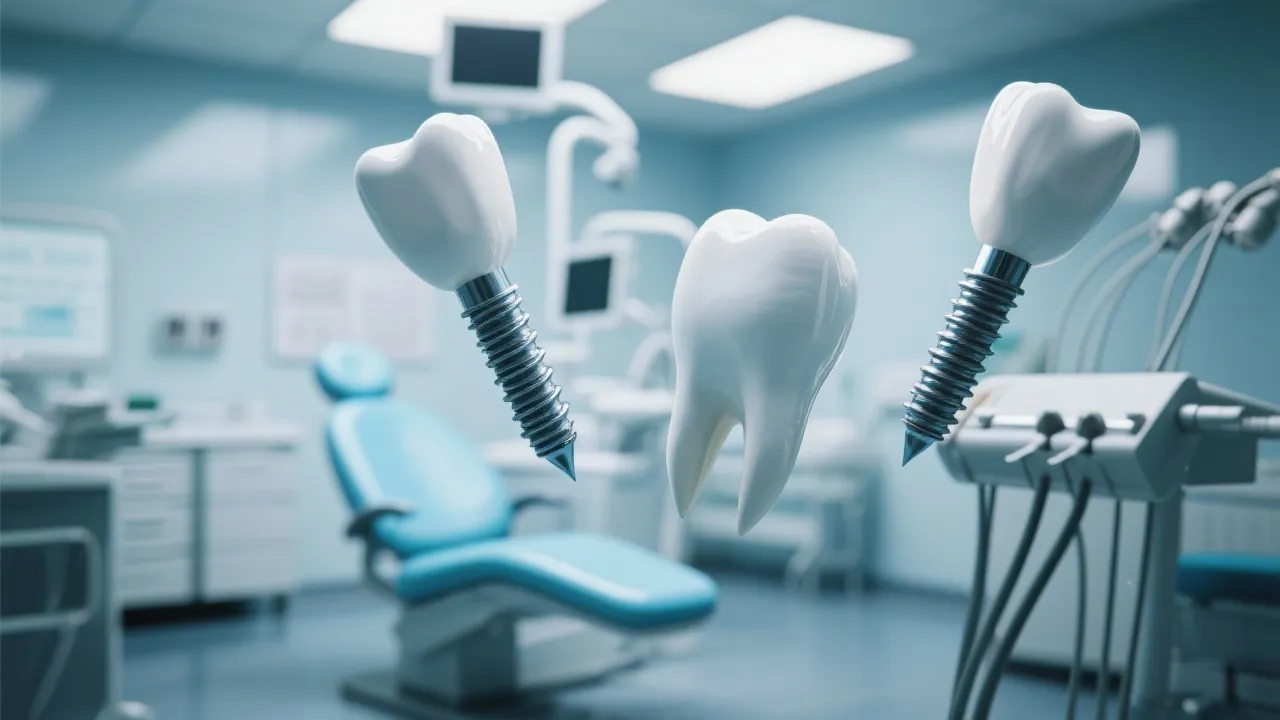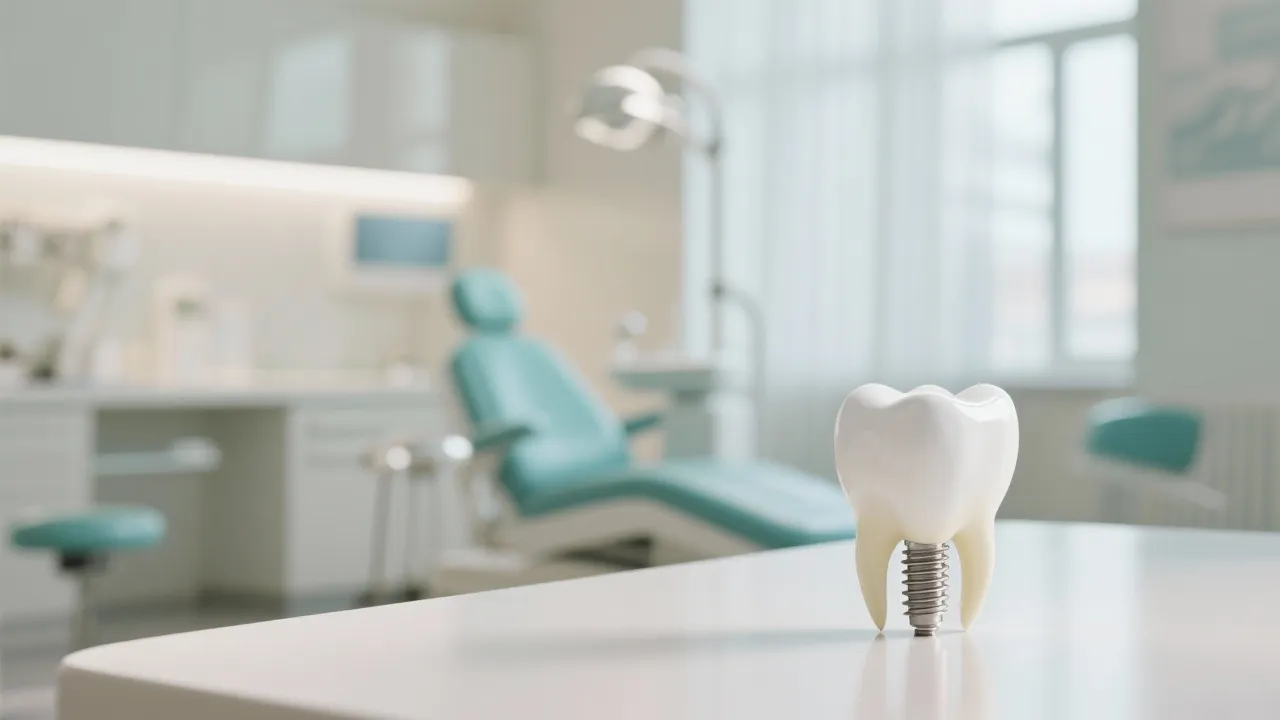Comprehensive Guide to Dental Implants
This guide offers an extensive look into the world of dental implants, particularly focusing on "Implantes Dentários em Uba em Português." Dental implants are innovative solutions used to replace missing teeth, improving both the appearance and functionality of one's mouth. The city of Uba, known for its robust dental services, serves as a focal point in this exploration.
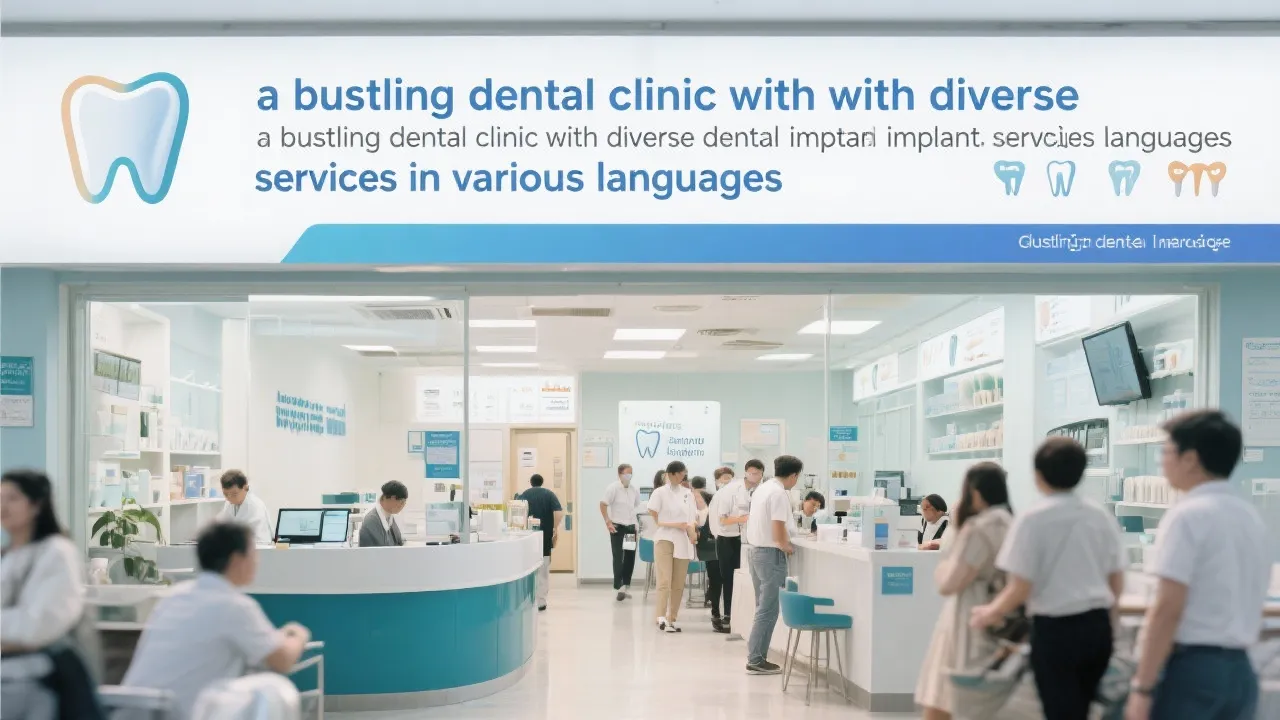
Understanding Dental Implants
Dental implants have revolutionized oral healthcare by offering a viable solution to replace missing teeth. These implants function as artificial roots, providing a strong foundation for removable or permanent replacement teeth designed to mimic the look and function of natural teeth. The technology surrounding dental implants has advanced significantly in recent years, allowing for improved integration with the human body and enhanced patient comfort. In particular, in the city of Uba, dental professionals are recognized for their proficiency in implantology and surgical techniques. Patients from various regions seek out Uba's clinics and practitioners due to their high standard of care and successful outcomes in dental implant procedures.
Benefits of Dental Implants
Implantes Dentários have thrived in Uba, offering several benefits that extend beyond mere aesthetics. They improve oral health by maintaining jawbone integrity and preventing bone loss, which often occurs with missing teeth. When teeth are absent, the jawbone can deteriorate over time due to lack of stimulation, leading to changes in facial contours and further dental complications. Dental implants provide the necessary stimulation to the jaw, preserving its structure and preventing future oral health issues. Additionally, implants enhance speech, comfort, and aesthetic appearance, thereby boosting self-esteem. Unlike dentures, which can slip and cause difficulty in speaking clearly, dental implants remain securely anchored in the jawbone, allowing patients to communicate confidently.
Types of Dental Implants
There are several types of dental implants available to cater to different patient needs and anatomical conditions:
- Endosteal Implants: The most common type, which is inserted directly into the jawbone. These implants are cylindrical or screw-shaped and can support one or more artificial teeth. Endosteal implants have a very high success rate and are preferred by dentists in most cases.
- Subperiosteal Implants: Placed under the gum but above the jawbone, these implants are more suitable for patients who lack sufficient jawbone height and do not wish to undergo bone grafting. This type of implant typically consists of a metal frame that is fitted onto the jawbone, and the gums are then allowed to heal over it, with posts supporting the prosthesis protruding through the gums.
- Zygomatic Implants: Used when there is insufficient jawbone for traditional implants, these are anchored in the zygomatic bone (cheekbone), providing an alternative for those unable to undergo grafting. They are longer than traditional implants and require significant skill from the surgeon, often making them a more complex procedure.
Comparing Low-Cost Dental Implant Options
For individuals exploring dental implant options, it is vital to compare various providers and their offerings. The following table summarizes features of some listed websites specializing in dental implants:
| Website | Features |
|---|---|
| Dental Views | Offers detailed cost and procedure information on low-cost dental implants, guiding patients in their decision-making process. |
| Atlantic Dental Group | Provides comprehensive dental services, including implants, with accessible patient care information and testimonials that can lend confidence to prospective patients. |
| DentaVacation | Specializes in dental tourism for cost-effective treatments abroad, highlighting clinics that meet international standards while offering competitive pricing. |
Source: Dental Views, Atlantic Dental Group, DentaVacation
Cost Ranges in Portuguese-speaking Countries
Here is a breakdown of dental implant costs in various Portuguese-speaking regions. Understanding the average costs is crucial for budgeting and financial planning:
| Country | Currency | Price Range |
|---|---|---|
| Brazil | BRL | R$3,000 - R$8,000 |
| Portugal | EUR | €1,000 - €2,000 |
The prices vary significantly due to factors such as regional economic conditions, the experience of the dentist, and the technology used in the procedures. Hence, patients are encouraged to do thorough research before proceeding.
Steps to Obtain Low-Cost Dental Implants in Portuguese-Speaking Regions
For those seeking affordable dental implants in Portuguese-speaking areas, the following steps can guide you through the process:
- Research: Begin by exploring clinics known for their proven results, state-of-the-art technology, and high patient satisfaction rates. Clinics such as Rubi Odonto and Odontologia Velasco have been praised for their effective procedures and customer care.
- Consultation: Schedule consultations with multiple dentists to discuss options, procedures, and cost plans. During this stage, it's essential to ask questions about their methods, success rates, and any available patient testimonials.
- Insurance Review: Carefully examine your insurance plans (like those from DentalVidas) for coverage that offsets costs. Many insurance plans may cover a portion of the expense, so understanding your benefits is crucial.
- Payment Plans: Inquire about financing options or payment plans offered by clinics to spread the cost over time. Many clinics are willing to work with patients to ensure they can afford the treatment they need without overspending.
- Consider Location: Exploring options in less populated areas or even considering dental tourism can result in significant cost savings. Many patients have successfully traveled to other regions or countries where treatments are available at a fraction of the cost.
FAQs
- Are dental implants permanent? Yes, when properly cared for, dental implants are designed to last a lifetime. However, like natural teeth, they do require maintenance, including regular check-ups and good oral hygiene practices.
- How painful is the implant procedure? The majority of patients find it less painful than a tooth extraction, as local anesthesia is typically used during the procedure. Post-operative discomfort can be managed with prescribed pain medications.
- How to care for dental implants? Regular dental check-ups, maintaining good oral hygiene by brushing and flossing daily, and avoiding hard foods that may put undue stress on the implant are key to prolonging the life of the implants.
- What is the recovery time for dental implants? Recovery times can vary, but most patients can return to normal activities within a few days after the procedure. Complete healing can take several months as the implant fuses with the jawbone.
- What are the potential risks associated with dental implants? Like any surgical procedure, dental implants carry some risks, including infection at the implant site, nerve damage, or sinus problems (when implants are placed in the upper jaw). It is essential to follow the dentist's pre-and post-surgical care instructions to minimize these risks.
Conclusion
While Uba presents a rich history in dental care with advanced implant technologies available at competitive prices, it is advisable for patients to consider all aspects, from practitioner expertise to cost transparency. Engaging with recognized clinics, checking available patient reviews, and utilizing resources can greatly assist in making informed decisions about dental care. Transitions toward new dental technology not only enhance functionality but can also contribute significantly to one’s quality of life, boosting confidence and promoting better oral health.
Disclaimer: The above information is derived from online resources as of October 2023. Dental implant prices are given for reference only and may vary by region, clinic, and practitioner expertise.
References and Further Reading:
Furthermore, keeping abreast of the latest advancements in dental implant technologies and treatment options is vital for patients considering this life-changing procedure. Technologies such as 3D imaging and guided implant placement are becoming increasingly popular, enhancing accuracy and outcomes. Engage in community discussions, patient forums, and educational workshops available both online and in local health centers to gain deeper insights into the world of dental implants. By arming yourself with knowledge and resources, you can make the best possible decisions about your dental care and achieve a smile that you can be proud of.
Finally, always remember the importance of post-operative care and regular follow-ups with your dentist long after the implant procedure. This diligence will not only ensure that your implants remain in optimal condition but also support your overall oral health as you age. Stay informed, ask questions, and prioritize your dental well-being!
-
1

Reducing Costs and Enhancing Technology in Solar Panels
-
2

Affordable Life Insurance Options for Seniors
-
3

Comprehensive Guide to Choosing the Right Smartphone
-
4

Unlock Affordable Online Learning: A Seniors’ Guide to Economical Educational Opportunities
-
5

Discover the Keys to Landing Your Perfect Work-from-Home Job: An Essential Guide







